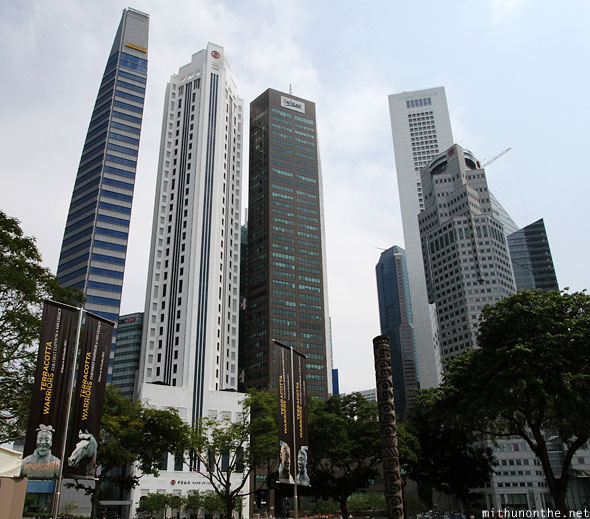fedplanner
Active Member
Nowhere else in North America is there a body with the extensive range and power of the OMB. You fail to acknowledge that.
It's difficult to debate this issue with you when you're being outright dishonest. The powers and the extent of their use that OMB and province of Ontario have over it's municipalities on land use and planning matters is unique. Where did you get the idea that I claimed otherwise?
You also fail to acknowledge that there are very critical elements of planning that the OMB does not involve itself in. The tendency is to focus on envelope and virtually nothing else. Your reference to NIMBY's, as typical, diminishes the fact that these are the human beings who populate this city, and not some reducible element that can be done away with by way of a derisive title.
The OMB handles appeals. It doesn't replace the planning process. Usually a developers or ratepayer association will appeal on height and/or density determinations (or lack there of) by municipalities. The OMB will probably not speak to urban design or parking requirements if the issue being appealed is height.
Your reference to NIMBY's, as typical, diminishes the fact that these are the human beings who populate this city, and not some reducible element that can be done away with by way of a derisive title.
NIMBYism exists. It's a well documented phenomenon. The city of Toronto held extensive public consultations to develop a new Official Plan for the city awhile back. The Official Plan speaks to desification of the downtown core and other Centres along with having mixed-use Avenues run along the Main Street. It's a very good plan, and I believe people support this plan... until change happens in their own backyard. It seems to be human nature to be okay with with change as long as it does not happen in their neighborhood. Looks no further to the challenges for development of the midrise buildings on Queen Street and Ossington. The York Quay folks especially crack me. They purchase a unit in a highrise condo then actively campaign against other highrise condos coming to the neighborhood. They complain about traffic or loss of a view without recognizing that they themselves contribute to traffic when they drive a car or their highrise building presumably blocked a view from someone else. As if they have the right to live there but no one else.
Not all NIMBYism is bad. I particularly admire Jane Jacob's revolt to save Greenwich Village from "urban renewal" planning philosophies of the 1960s and her work in Toronto to stop the Spadina expressway.
Also, your assumption of an either/or scenario when it comes to criticism of a development shows quite conclusively that you haven't been involved in much of the development debate for the King-Spadina area of the city
I'm vaguely familiar with "the Kings" study the city did a couple decades ago. I believe this is when Toronto started to push back against conventional planning norms at the time, relaxed zoning for the area and encouraged mixed-use development. But other than that you're right. I'm an outsider looking in and I like what I see going on in Toronto.
...
I think Toronto should have more effective control over its planning and should generate a more mature planning process because it is a mature city. But this can't happen if the process is under the paternalistic smack-down of an unelected body staffed by appointees who may not even be from Toronto. They do not do planning. Why would anyone want them to in the position of constantly making planning decisions?
That is your opinion and you have a right to express it to your elected leaders at the province.
I would love to continue this debate, but I'm being told that it's now or never for happy hour. Perhaps I'll continue tonight.


